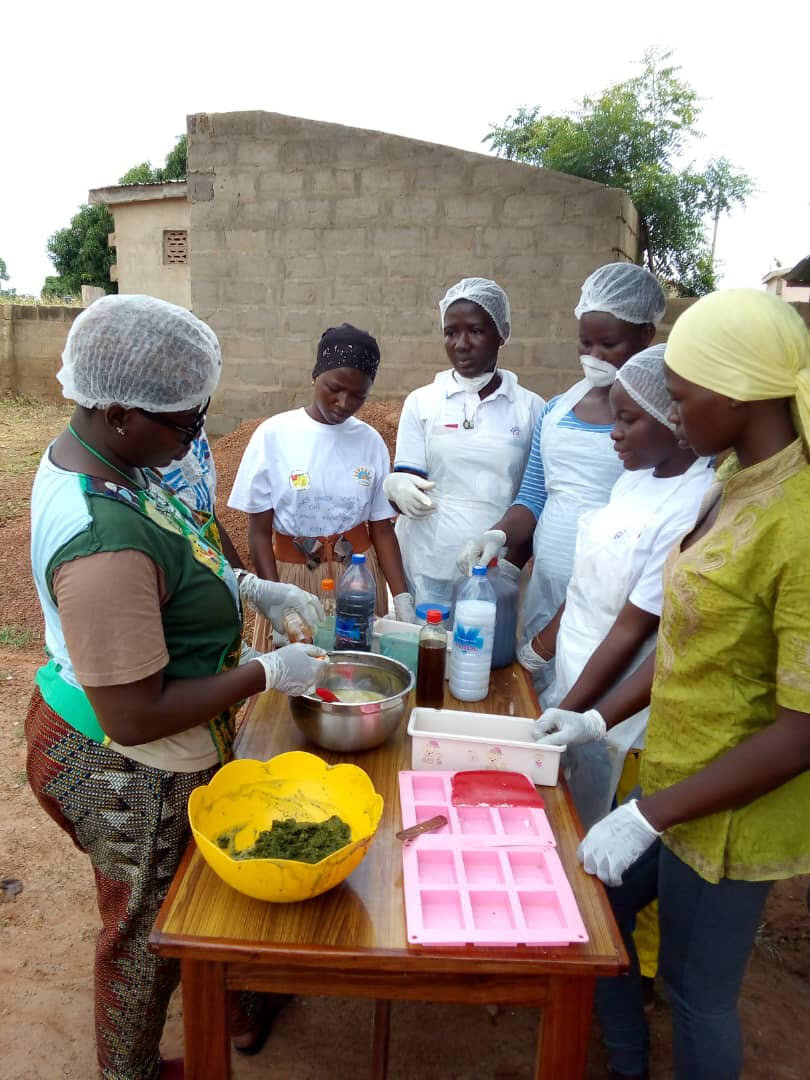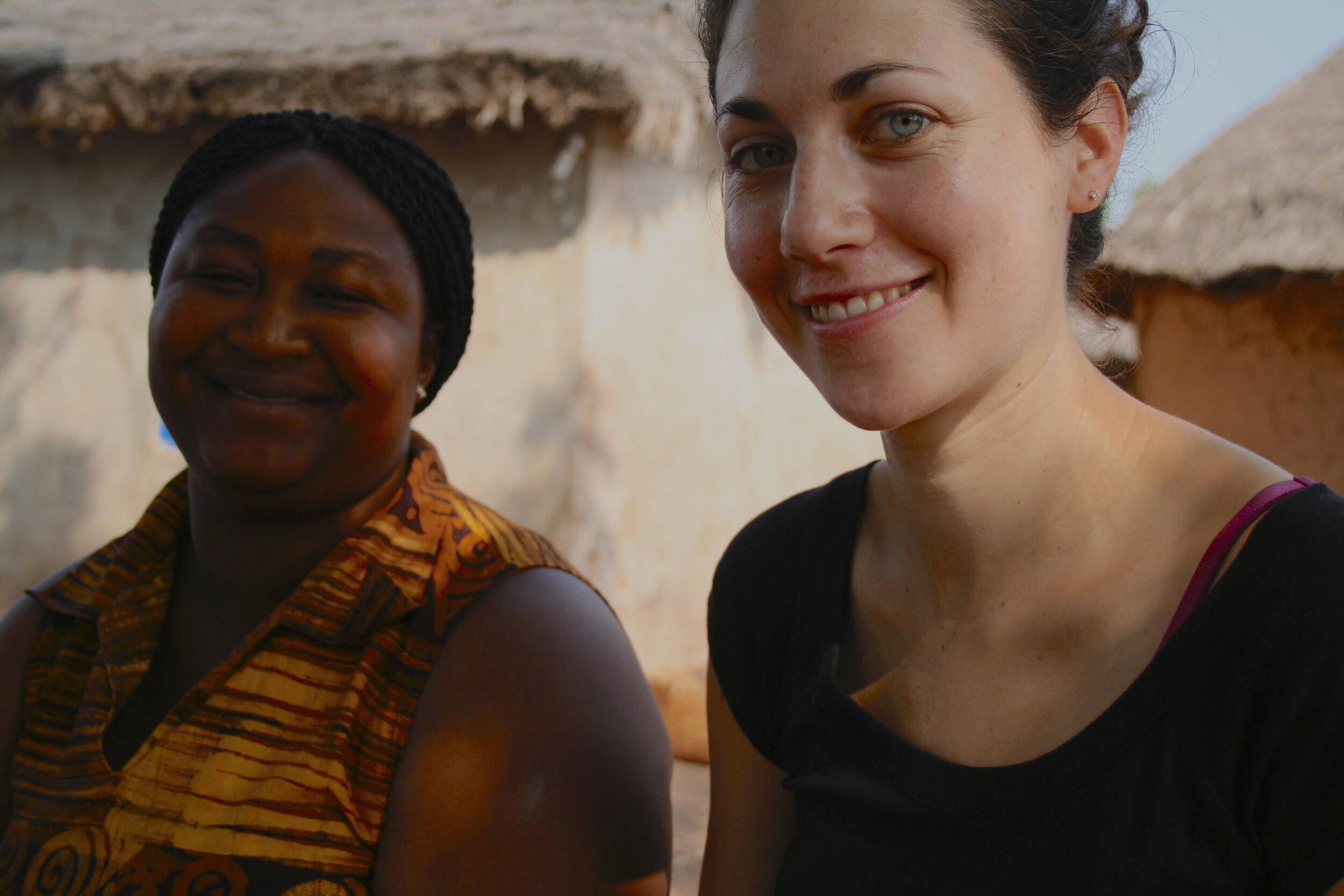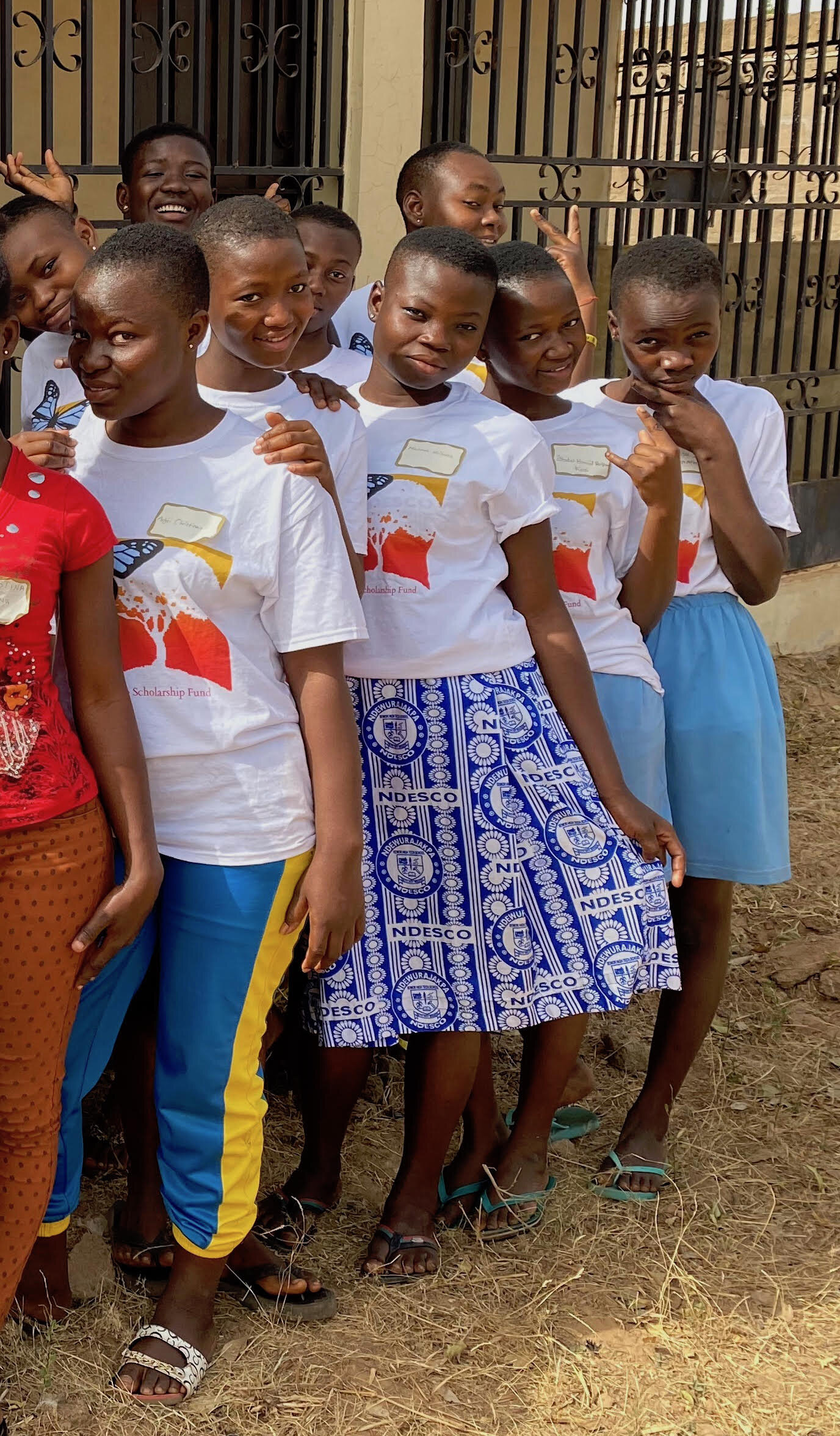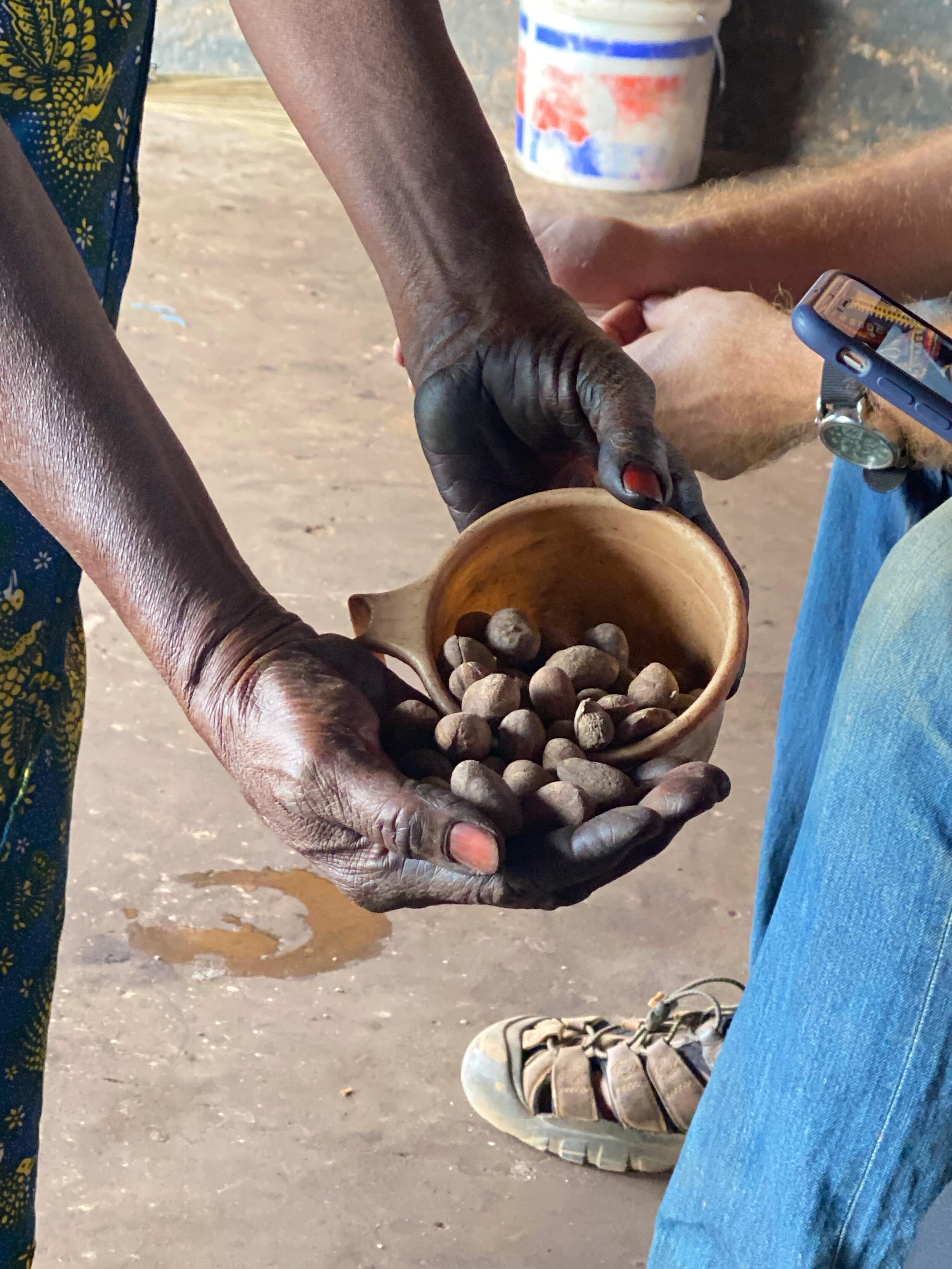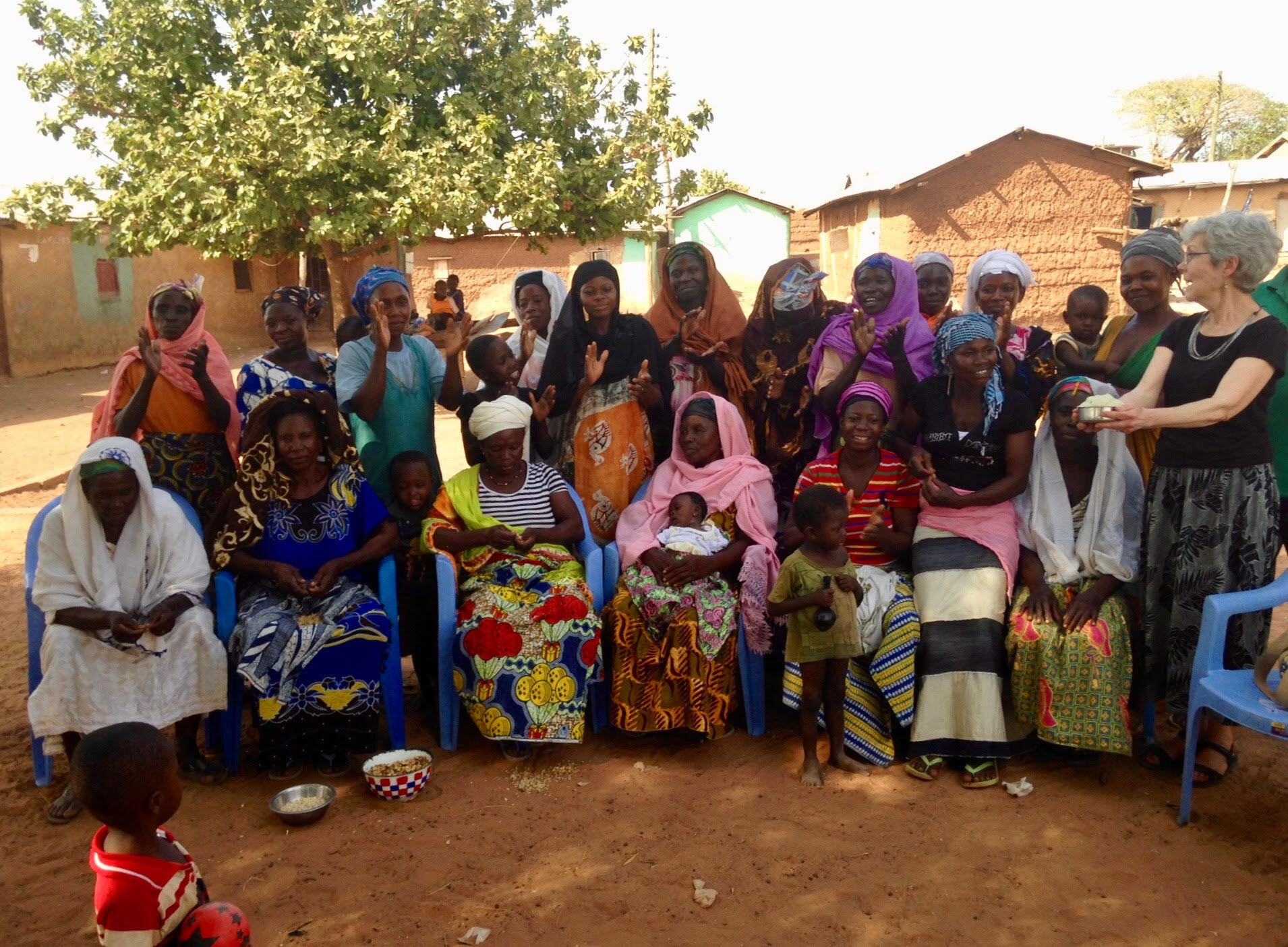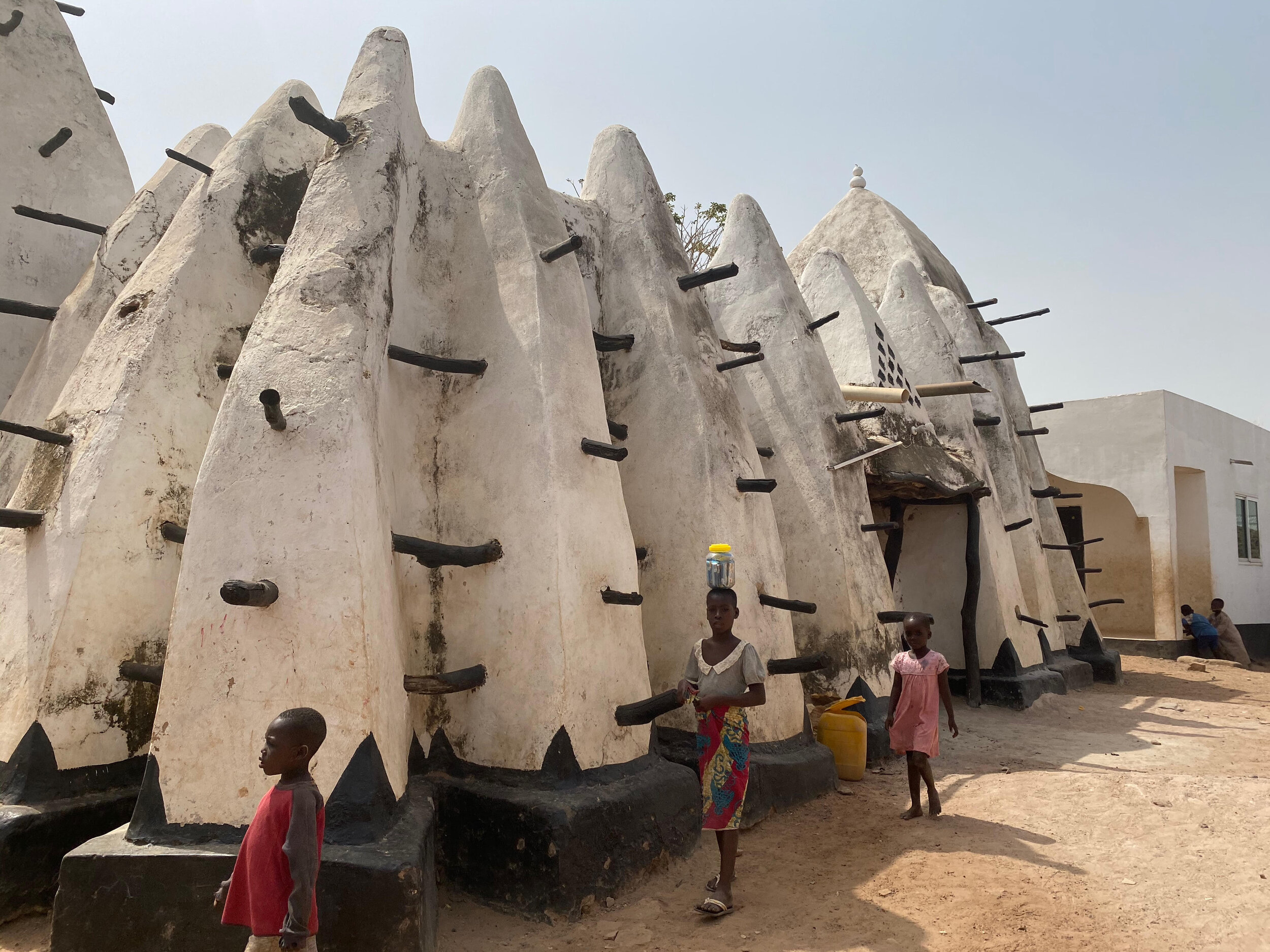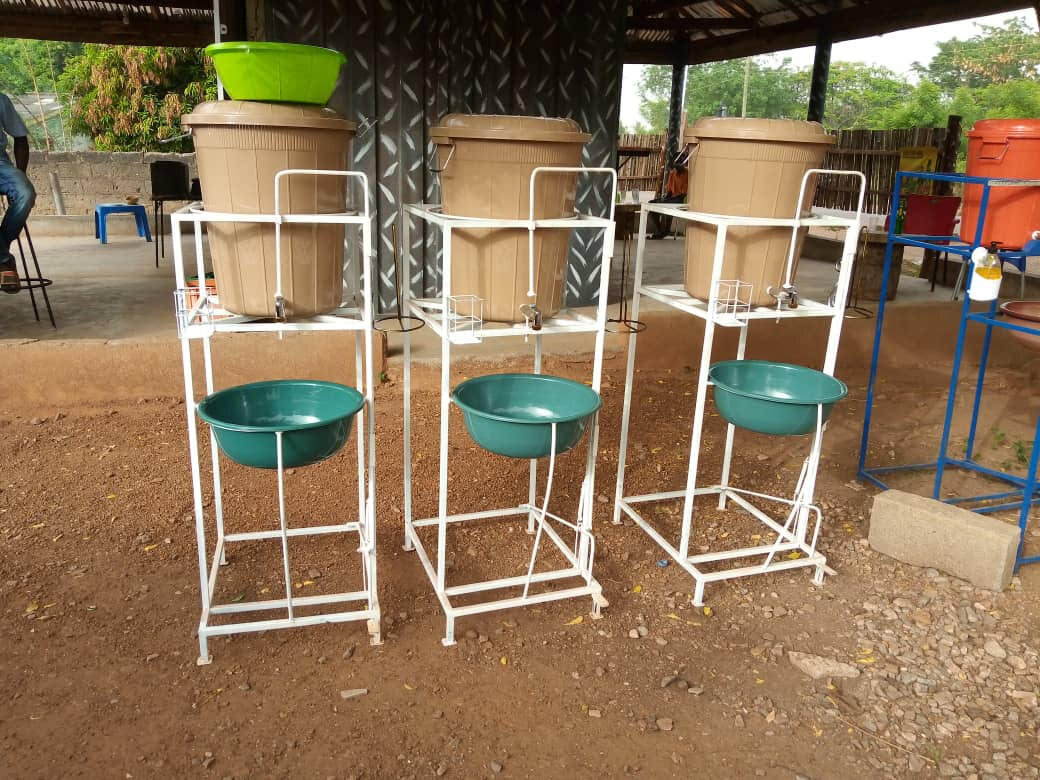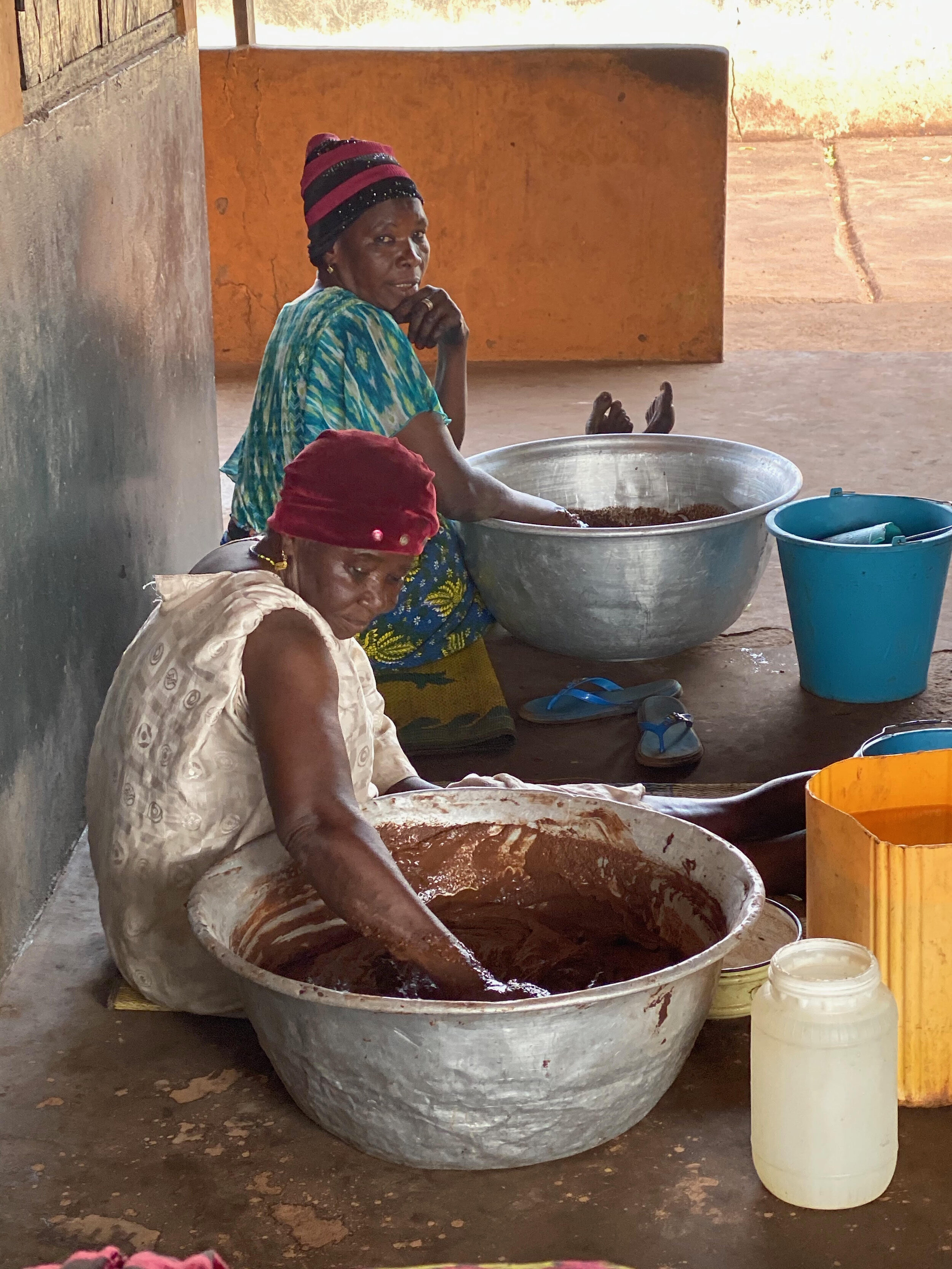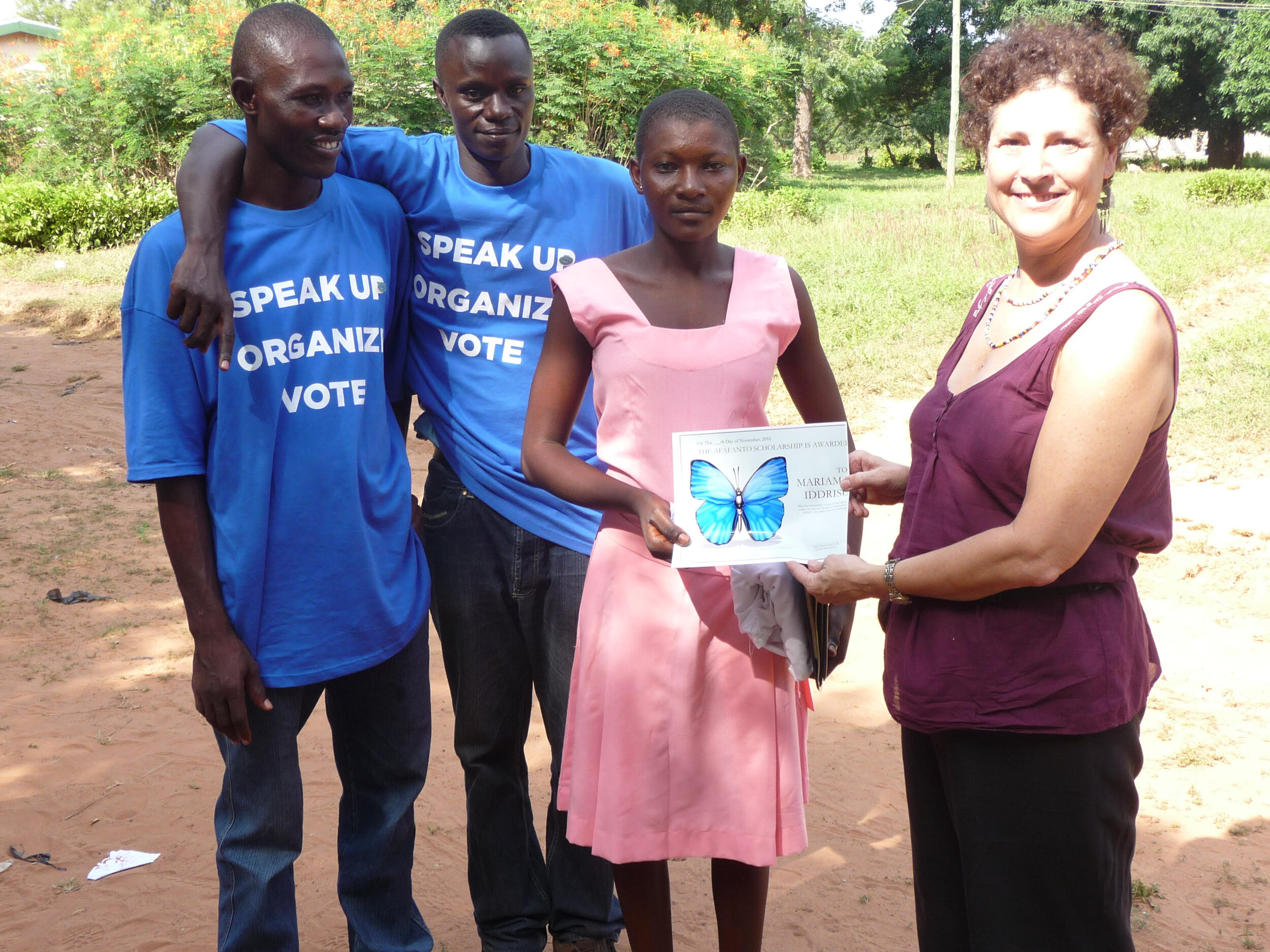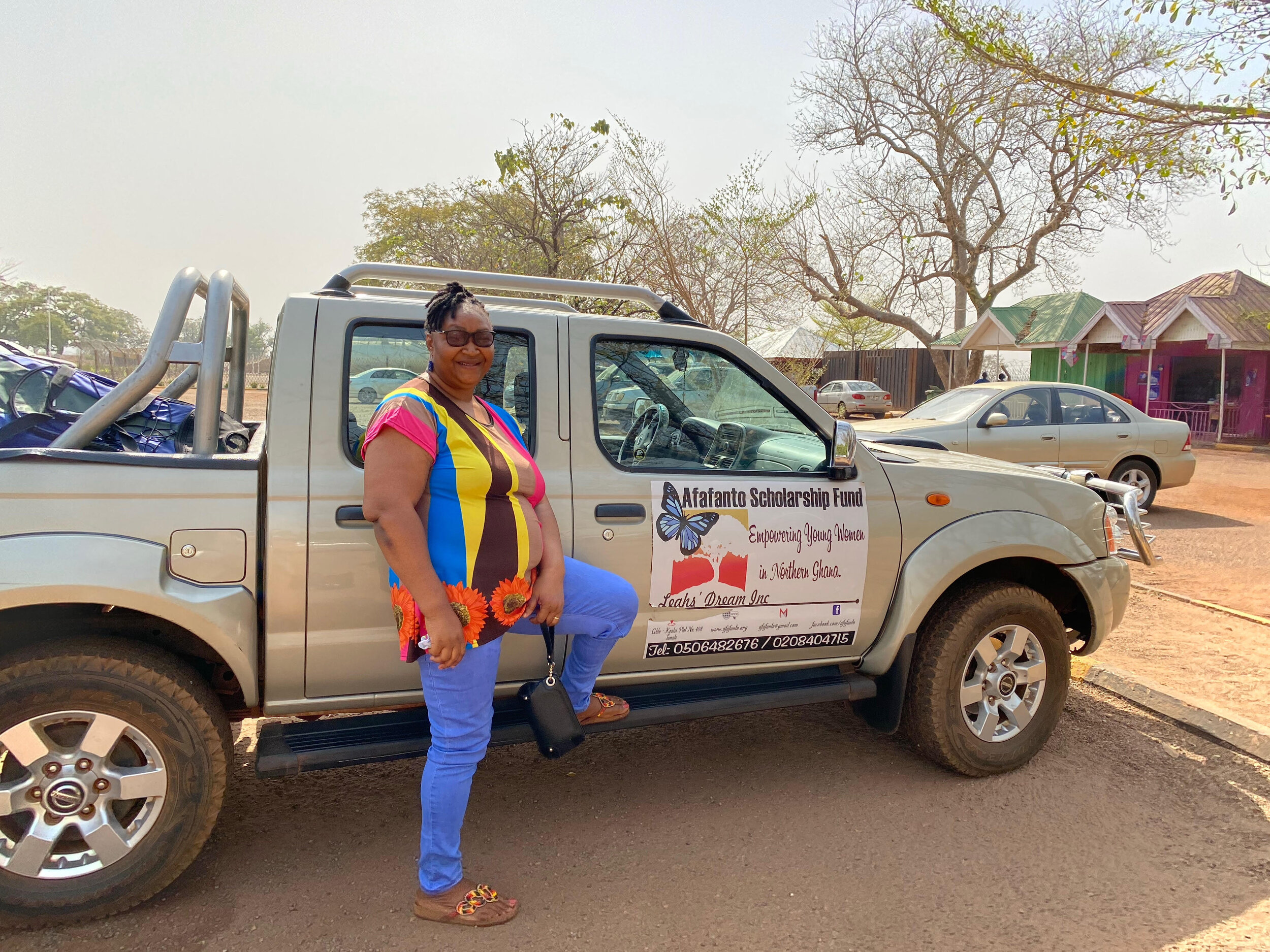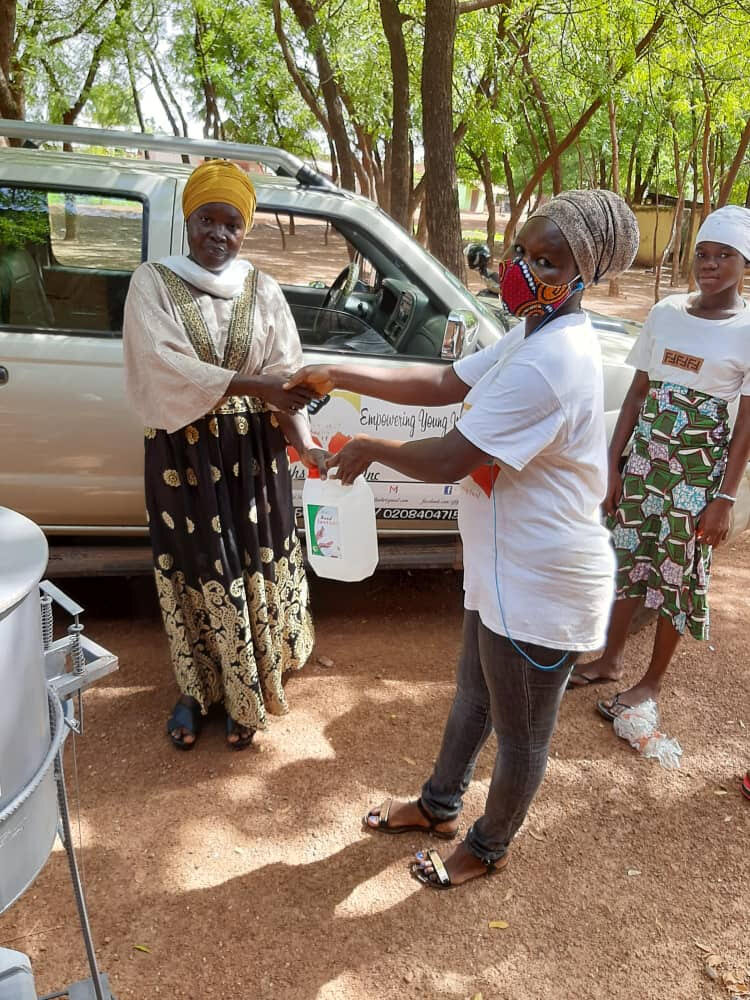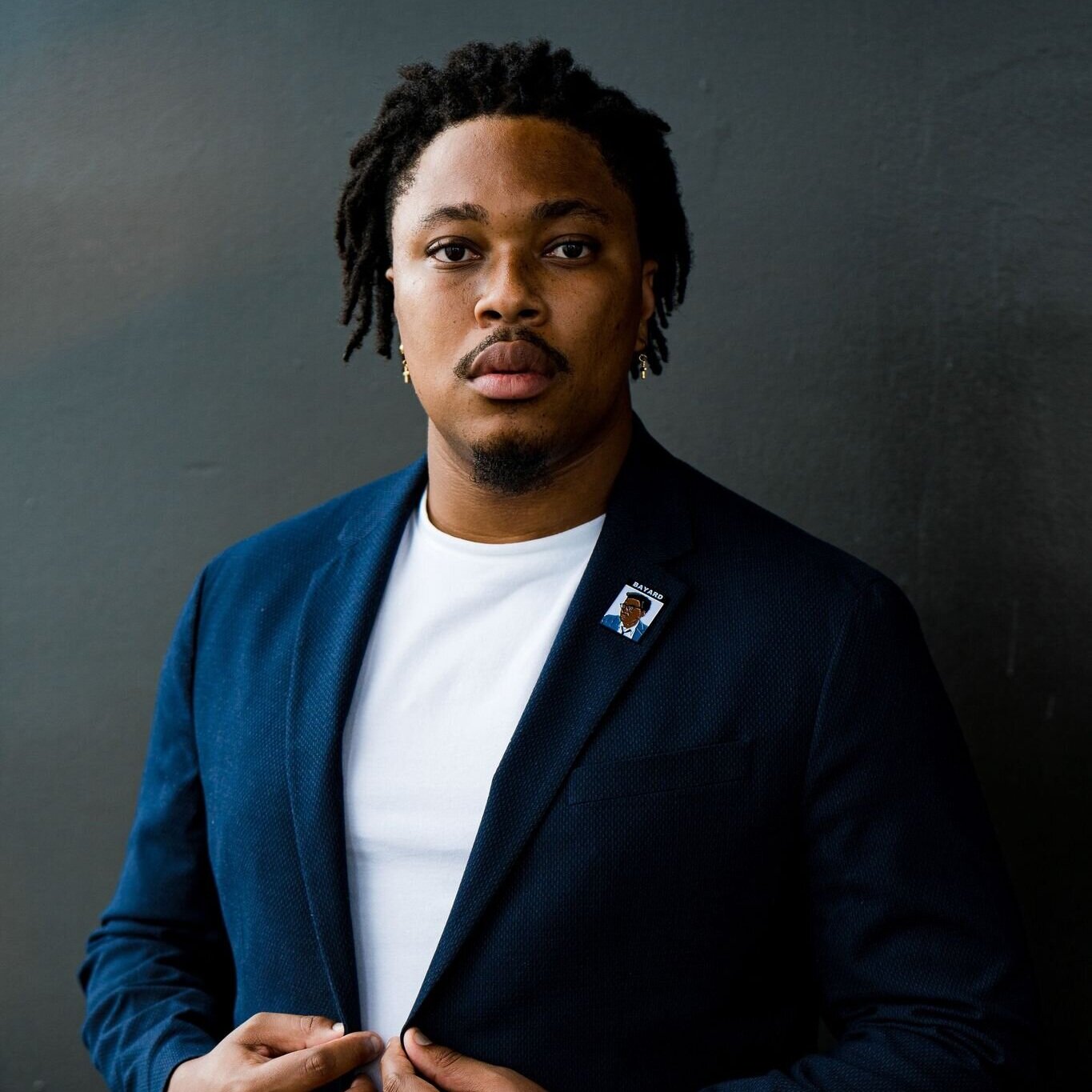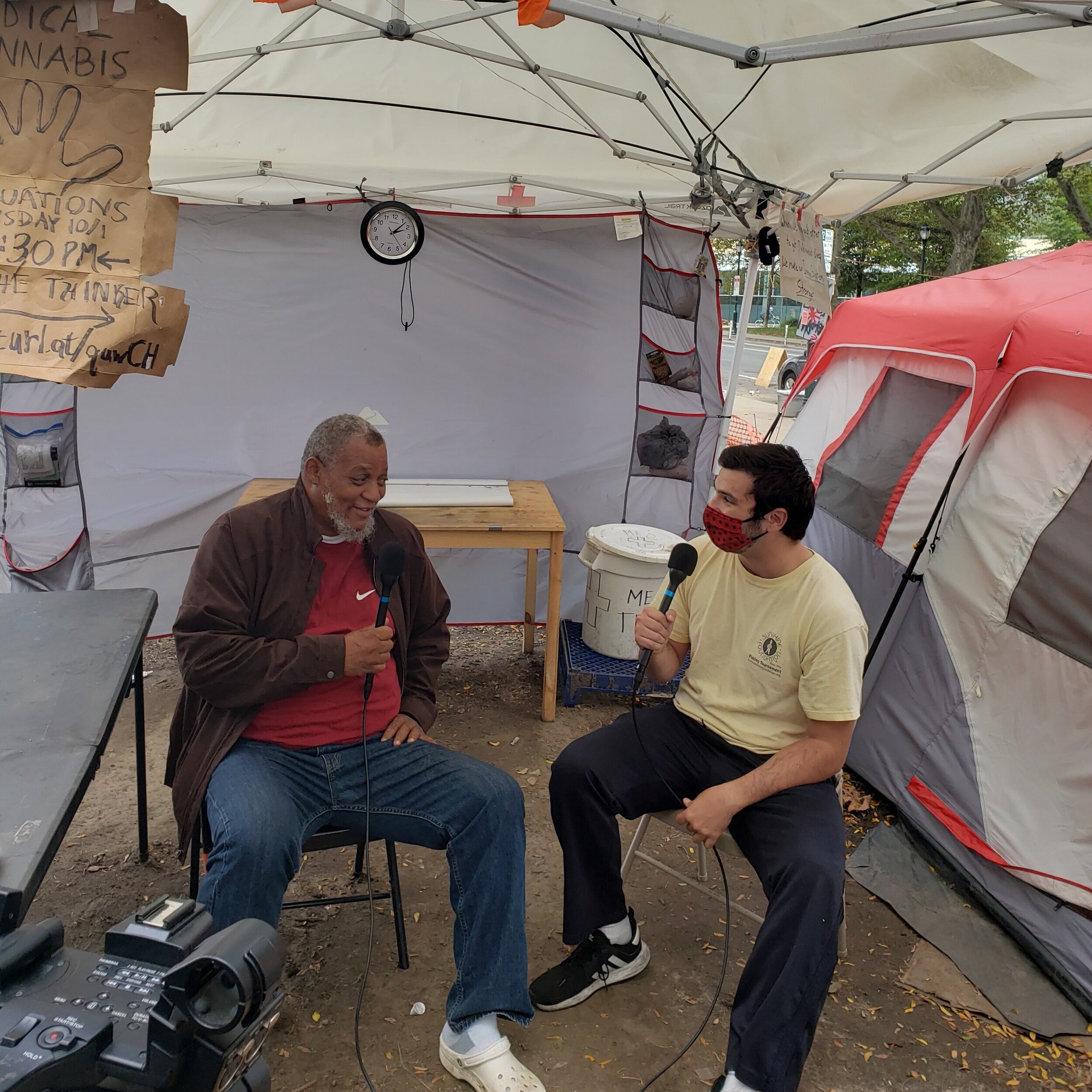This is a big year for Leah’s Dream — a Philly-based nonprofit that works to mentor and financially support young women in Ghana. The nonprofit is celebrating its 10-year anniversary.
Like so many other events, the celebratory fundraising gala had to be postponed. However, the 10-year anniversary marks a significant milestone for this organization, and a tribute to the woman who inspired its creation.
Leah’s Dream was named after Leah Horowitz, a native of the Philadelphia suburbs who discovered a passion for Africa during a university-led field study program in East Africa. Leah would go on to work for the International Food Policy Research Institute (IFPRI), which sent her back to Africa to become the youngest IFPRI manager in Ghana. In this role, Leah worked to bring funding and opportunities for women in the Northern Ghana villages. Unfortunately, her time was cut short after a fatal car accident while she was in the country. Leah was only 29.
“My daughter really wanted to do something good in the world,” says Sandee Mandel, executive director at Leah’s Dream. “So in my journey of grief, I said to my husband: ‘I have to go to Ghana. Her spirit is there.’” Mandel contacted Leah’s colleagues in Ghana, hoping to gain a deeper understanding of the connection her daughter felt with this part of the world.
“At the time, I had just retired from a long career in education,” says Mandel, “So I was struck by how the rural girls in the northern area of the country didn’t have enough money to go high school.”
Mandel spent 28 years of her 38 year teaching career in the Philadelphia School District.
The need for financial assistance was clear. Mandel felt compelled to act, so she partnered with Emelia Guo Seidu, a lecturer at the University for Development Studies (UDS) in Tamale — the capital city of Northern Ghana — to form Leah’s Dream. Through Leah’s Dream, the Afafanto Scholarship program, which would fund scholarships for women to attend high school, was born.
“Afafanto means butterfly in the native Ghana language of Twi,” says Mandel, “Leah was like a butterfly and I think it’s a wonderful metaphor for a girl just developing, coming out of their cocoon and getting ready to fly.”
Over the last decade, 50 women have graduated from high school through the Afafanto scholarship. Leah’s Dream now offers three additional programs: the Afafanto Girls’ Clubs, which offers test-taking skills so girls can be better prepared to gain entry into high school, the Bridge Program which offers mentorship and skill-building between high school and the next level of education, and a fourth program that specifically helps the women working in the shea butter industry.
“While the U.S. side of the organization handles fundraising, Emelia and the Ghana board of directors execute the program,” says Mandel. “Some of our Afafanto Scholarship graduates are now on the board, and our hope is that scholarship recipients give back in their community.”
The nonprofit was originally funded by selling jewelry made by the Ghanaian girls. Over time, the organization shifted to selling shea butter sourced responsibly in Ghana.
“Shea butter became the vehicle by which we could make money,” says Mandel. “We purchase the shea butter directly from the Sankriku Women’s Cooperative and compensate them at a fair price.”
GhanaWeb reported earlier this year that “shea is a primary source of livelihood for women living in Northern Ghana. It is one of the few agricultural cash crops where women control their revenue.”
Once the raw shea is purchased, Mandel’s team processes the shea in the U.S: “We whip the shea butter and pack it here. We’ve had help with packing from volunteers, including Central High School students.”
In the last six months, Leah’s Dream has expanded its offering to soaps: “As a response to COVID-19, we pivoted to making soaps using wonderful African herbs. All of our products have an organic certification and the soaps are now available on our website,” says Mandel. “Since there’s no running water in the villages, our girls have been collecting water and setting up hand-washing stations.”
Face masks have also been added to their online store. These masks are hand-sewn by U.S. Leah’s Dream board member Bridget Williams, a Ghanaian immigrant and the seamstress behind the home decor company Maxynne Group. Mandel hopes they can sell enough face masks to fund a donation effort in Ghana with the proceeds.
While the formal ten-year celebration has been postponed, Mandel reflects on the exciting developments that are still underway: “There’s been so much to celebrate with this organization. In addition to our 50 Afafanto Scholarship high school graduates, we’ve had one woman graduate from university, several others are currently enrolled in college, and a bunch of women have gotten certifications. Our operation in Ghana has grown so much that we’re actually looking to hire our first full-time office employee.”
For interested volunteers, contact Sandee Mandel at afafanto@gmail.com. To purchase shea butter, soaps, or masks, visit the Leah’s Dream online store.


